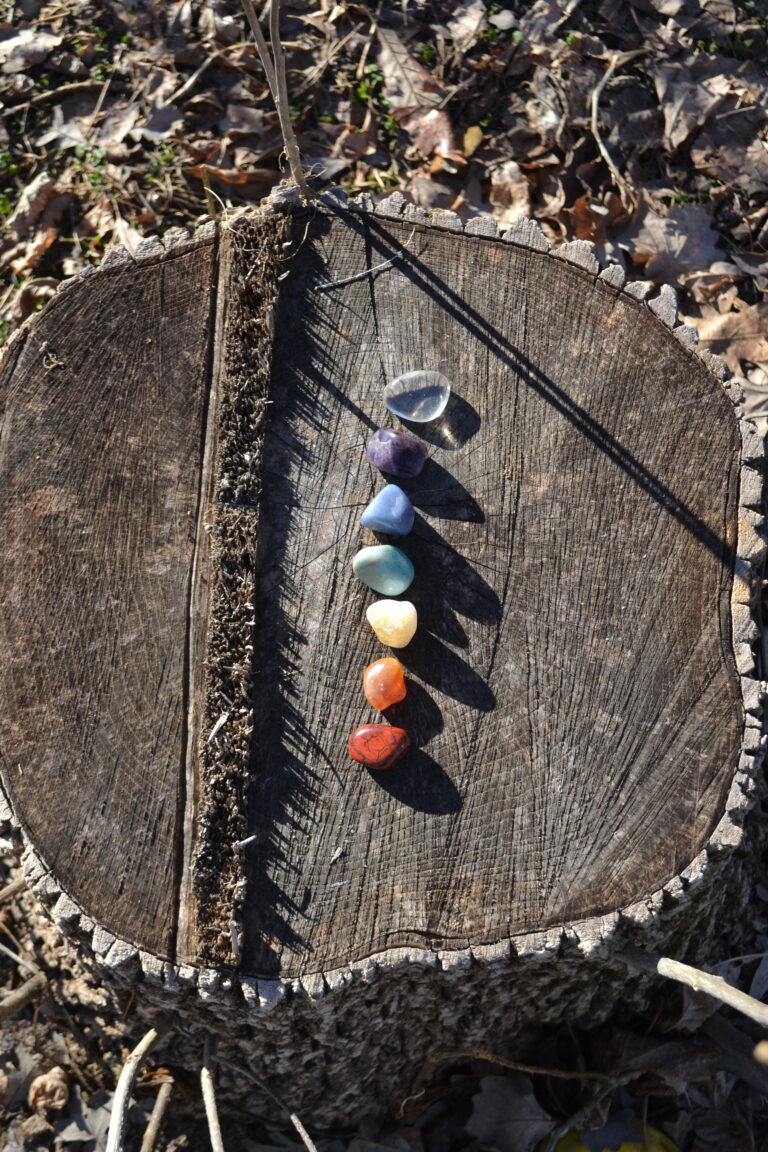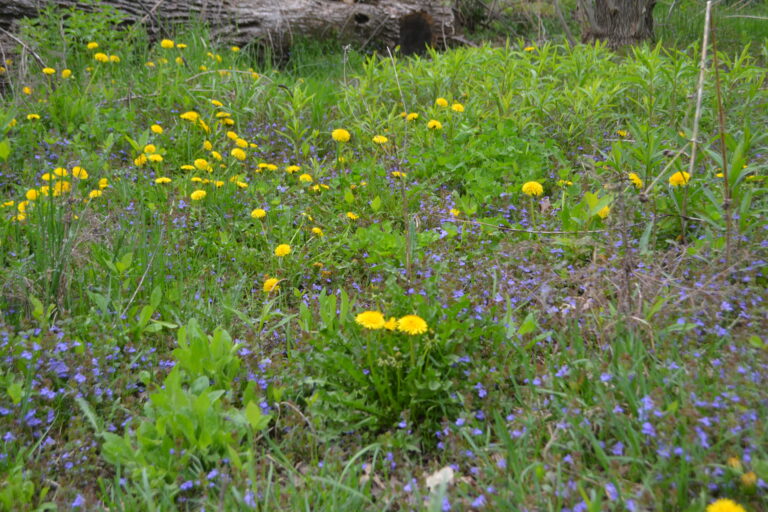Story Medicine with Susun Weed
Another highlight of the 10th Annual Midwest Women’s Herbal Conference was the workshop that reknowned herbalist and author Susun Weed held on “Story Medicine.” Weed is often credited for bringing back the “Wise Woman” practice of herbalism.

What is Wise Woman Herbalism?
The Wise Woman Tradition is a way of approaching herbalism that uses locally, easily accessible herbs and doesn’t have complicated formulas. Often a wise woman will work with just one herb at a time. The focus is on connecting with the plant and nourishing the human.
What is Story Medicine?
Story Medicine begins with the premise that our life is a story. “There is no way to live unless you are telling a story?” We are in essence creating the story of our lives. But sometimes we get bogged down by other’s interpretations of our life story. “How do we know if the stories we hear work for us?”
One example she shared was of the woman who insisted on the first VBAC (Vaginal Birth after Caesarian). She was told a story by her doctor that her Uterus was so damaged from the Caesarian that it would not be able to withstand a vaginal birth. She didn’t believe that story and told her doctors so and went on to create a new story for herself. In this way she changed her story and the story of a lot of other women.
While our life is a story the focus of the workshop was on how we relate to disease. Weed herself is a breast cancer survivor and wrote about her experience in Breast Cancer? Breast Health! She said, “the person is not the disease.” She prefers to use the phrase, “those with. . . the problem was a part of her. If there is something that is disturbing her health its us. Not something to get rid of.”
She is saying that when we look at a disease or medical situation as something from the outside that it to be fought against to “get rid of” we are really counterproductively fighting against ourselves. It often goes down deep to how we view ourselves. “Does your story demand you be perfect? Does it allow you to love yourself? The story goes deep within us. Changing the story changes us. Help people change their story. . .Story Medicine is about changing our story, believing that there could be something completely different if we made the space.”
Belief versus Truth
Truth is a hot topic lately. For some groups there is the concept of “relative truth” in essence we each have our truth. Susan Weed was adamant that this is not truth, this is belief. She said that truth is something that is true for everyone, she gave the examples of gravity and the speed of light.
However, I differ on her in this topic. I believe that gravity and the speed of light are physical phenomenons based on our current perceptions. On one hand she is right, everyone experiences gravity and the speed of light is a fixed number but these may one day change. There has been many scientific “truths” in the past that were later disproved. One she actually spoke about at the conference was 1,000 years ago when a female herbalist named Hildegard von Bingen said that women contributed to making a baby (later we used the term genes) rather than the accepted truth that men had a complete seed they simply planted in the field of a woman.
Further when people speak of truth I believe what they are looking for is something to live their life by. I agree with Weed that what people refer to as truth is actually their belief system. But I am not sure if I would even continue to use the idea of truth then. It would be safer to say there is no truth. But what about gravity you say? An observable physical phenomenon. It is certainly not something to live your life by.
Navigating the World with our Story
To sucessfully navigate our world we need to
- Know our story while analyzing how we arrived at the story.
- Know a lot of other stories and be willing to incorporate new ideas and beliefs.
- Understand the beliefs of the people who are telling us stories. For example Weed says to be wary of any source that sells advertising.
- Share our story, by doing so we help others change their story and add to the community.
- Become your own expert.
Weed summed up, “Story medicine increases health and longevity. It increase satisfaction and sharpens memory.”
So What is your story?






